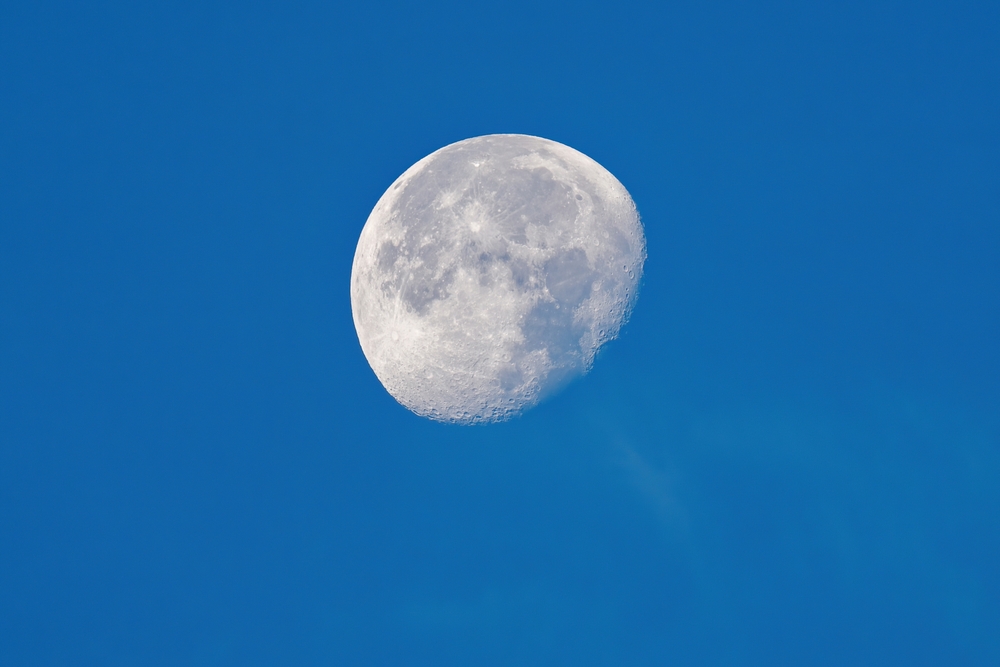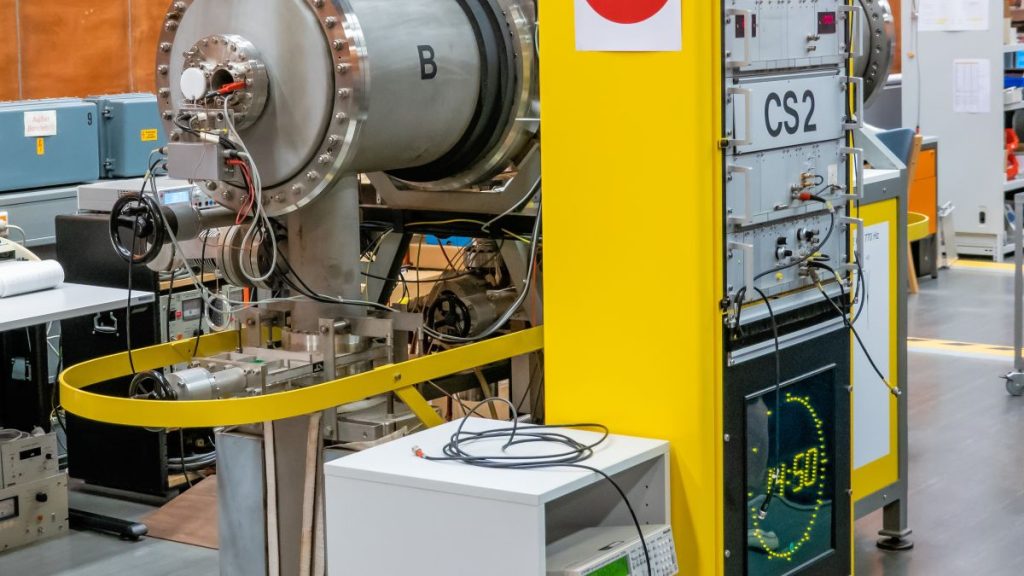On August 5, 2025, Earth will spin just a little faster than usual, making the day 1.25 milliseconds shorter than the standard 86,400 seconds.
Others are reading now
While imperceptible to our daily lives, this marks one of the shortest days ever recorded and scientists are scratching their heads over why it’s happening.
A Sudden Reversal in a Long-Term Trend

Since the 1970s, our days have generally been getting longer, a gradual effect largely caused by the Moon’s tidal pull. ‘
But in recent years, that pattern has flipped, with the planet’s rotation actually speeding up. The reversal is puzzling researchers, who admit the cause remains uncertain.
The Moon’s Subtle but Powerful Influence

The Moon plays a central role in Earth’s timekeeping. Its gravitational pull creates tides, which slowly transfer rotational energy from Earth to the Moon, causing our days to lengthen over time.
This makes the recent acceleration in Earth’s spin all the more mysterious.
Also read
Other Theories on the Table

Some scientists suspect changes deep inside our planet could be involved, specifically, shifts in the spin of Earth’s liquid core.
Others are investigating whether factors like melting ice, shifting ocean currents, or even atmospheric changes linked to climate change might be contributing.
This Isn’t the First Short Day on Record

Today isn’t the only time Earth has picked up the pace. On July 5, 2024, our planet completed its spin 1.66 milliseconds faster than normal still the shortest day since precision measurements began in 1973.
Several days in 2025, including July 9 and July 22, have also ranked among the year’s fastest.
Tracking Time With Precision

Scientists monitor Earth’s rotation using highly accurate atomic clocks and astronomical observations.
Also read
These measurements have confirmed both the long-term slowdown over decades and the surprising, recent bursts of acceleration.
Could This Lead to a Negative Leap Second?

If the trend continues, we may eventually have to adjust our timekeeping in a way that’s never been done before: by introducing a “negative leap second.”
This would effectively delete one second from the clock to keep official time in sync with Earth’s rotation possibly as soon as 2029.
A Mystery Still Unsolved

For now, the cause of Earth’s spin-up remains a scientific mystery.
Researchers around the globe are continuing to study the phenomenon, hoping to understand whether it’s a temporary quirk or a sign of deeper changes happening within or even beyond our planet.


